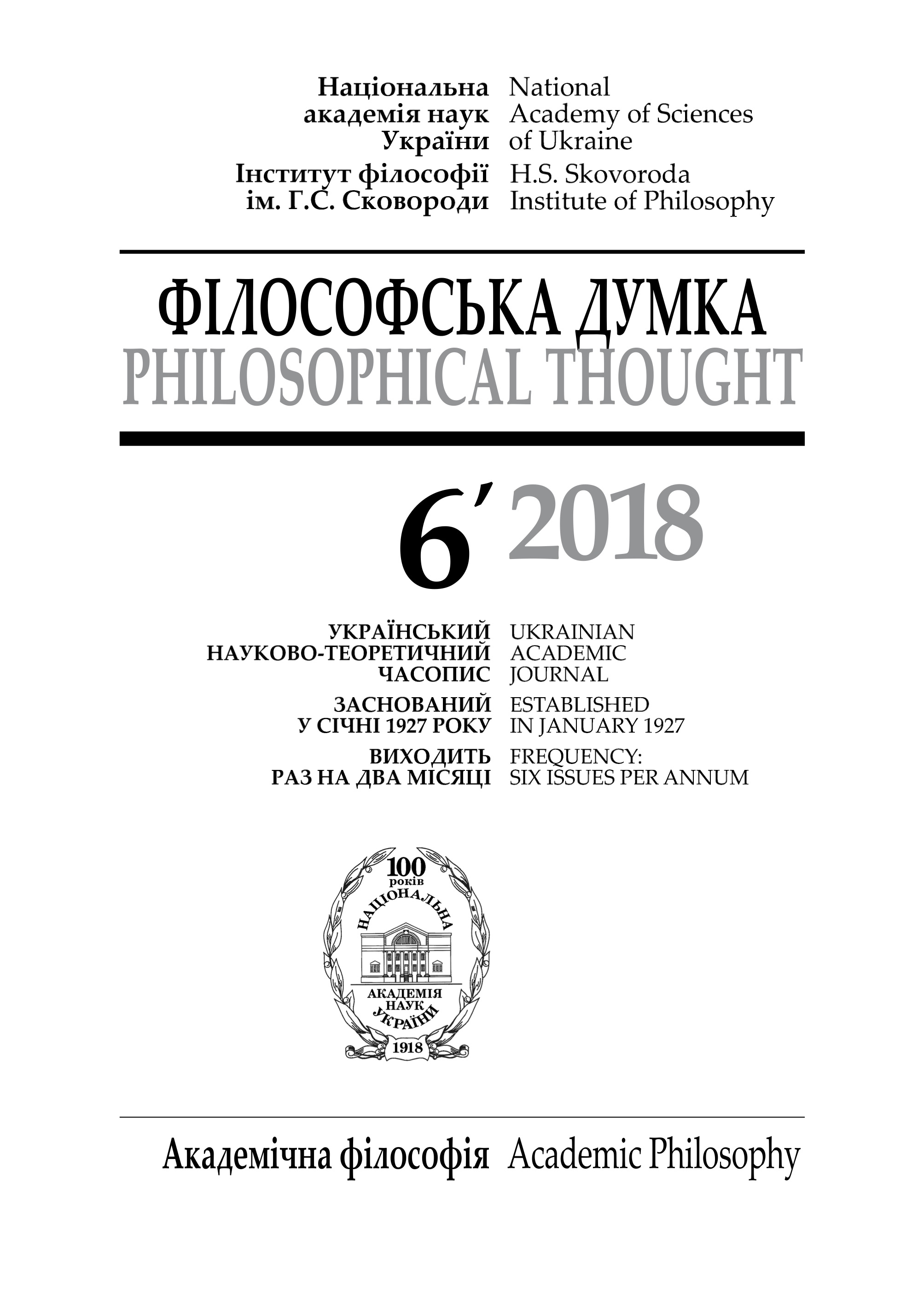Environmental paradigm of civilization transformations
Civilizational choice of Ukraine
Keywords:
civilization development, environmental crisis, the new environmental paradigm, sustainable development, Happiness, Happy Planet Index, environmental justice, climatic justiceAbstract
The paper examines features of environmental globalization and the fourth generation of environmental problems. The new environmental paradigm is not only the scientific construction that enables describing and explanation the “new social reality” (the reality of environmental crises, negative consequences of scientific and technological progress and rapid economic growth), but it also accumulates values, which related to our attitude toward nature, environment, and quality of human life integrating them in a certain holistic system. Harmonization of environmental, economic and social policies taking into account ethical norms is an important precondition for transition of the society to sustainable development. The need to change traditional market models follows from this. The role of the theory of justice in reflections on the problems of climate change and new levels of theorization of justice are analyzed. Consequently, the main goal of ivilization development should be happiness as an integral indicator of the quality of life, which, among other, is not possible without save and comfort environment and without communication with nature.
Downloads
-
PDF (Українська)
Downloads: 441
Published
How to Cite
Issue
Section
License
Authors who publish with this journal agree to the following terms:
- Authors retain copyright and grant the journal right of first publication.
- Authors are able to enter into separate, additional contractual arrangements for the non-exclusive distribution of the journal's published version of the work (e.g., post it to an institutional repository or publish it in a book), with an acknowledgement of its initial publication in this journal.
- Authors are permitted and encouraged to post their work online (e.g., in institutional repositories or on their website) prior to and during the submission process, as it can lead to productive exchanges, as well as earlier and greater citation of published work (See The Effect of Open Access).


